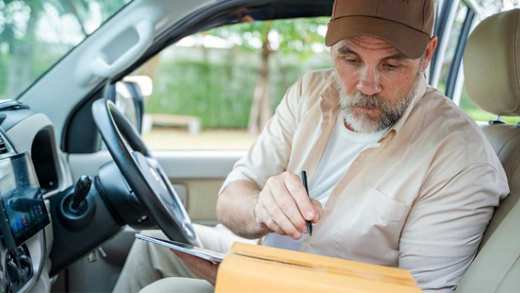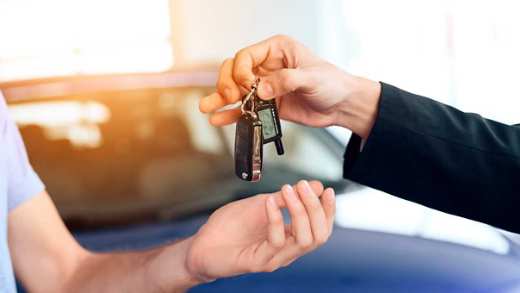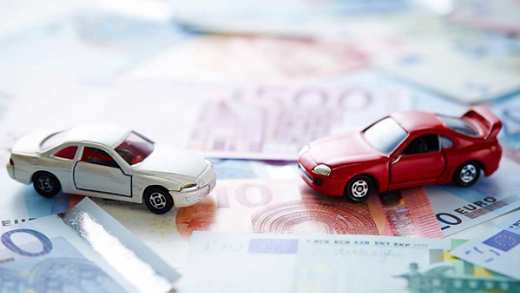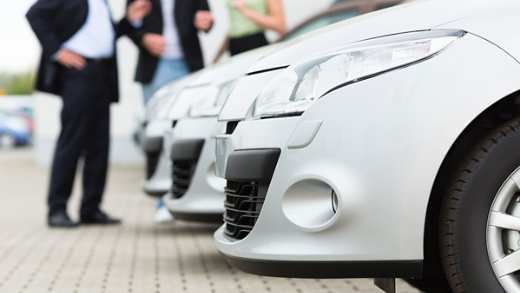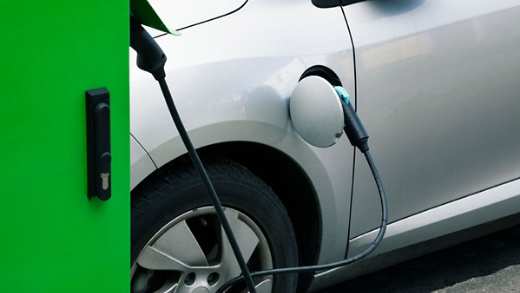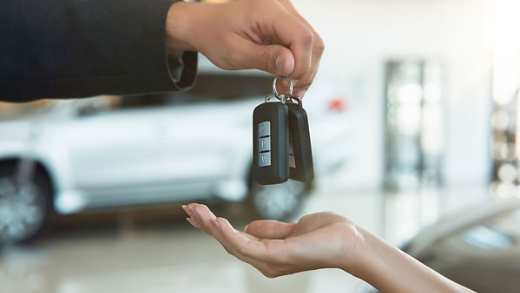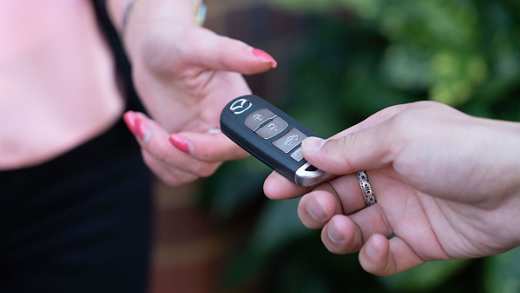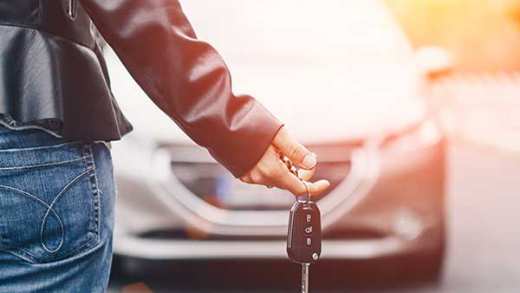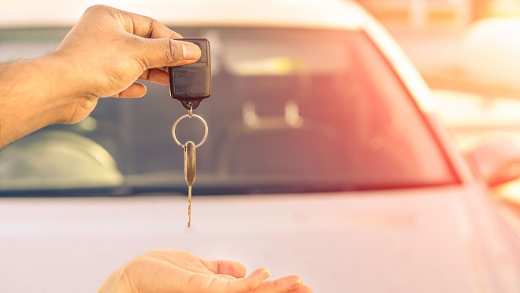Buying a brand-new car is not an option for everyone. It can put a significant financial strain on families, college students, and young workers for example. With the rising cost of living post-pandemic, financial priorities have started to shift with the changes to our economy and workforce. This has meant that more and more people have started to buy used or second-hand cars.

If you’ve decided to trade in your current vehicle for a used car, there are lots of things to consider to make sure you get value for money and ask the right questions before buying.
Before buying a second-hand car or used car, you should think about the following:
What can I afford?
It’s important to establish your budget for a car before you even begin to search. Be realistic about what you can afford without putting yourself under financial strain and be strict with this budget when searching for a car.
You can find decent used cars for under €5,000 but if you’d prefer to get your money's worth then a higher budget might be more appropriate.
What year car should I choose?
The older the car you buy, the increased chances of mechanical and performance issues down the line. You’ll pay less for an older car, but you’ll end up spending more for servicing. On the other hand, buying a newer car may mean that you can re-sell it for a decent amount and upgrade it a year or two later.
Find out the full details on the false economy of older cars.
Should I buy from a dealer or private seller?
As of June 8th 2020*, most car dealerships in Ireland are re-open for sales, once they can abide by social distancing rules to ensure the safety of staff and customers.
If you buy from a dealer, you’ve got more protection under consumer law. If buying from a dealer be sure to ask them if they’re a member of the Society of Irish Motor Industry (SIMI). If they are, it means they follow a code of ethics.
Always check a car’s history before buying. If buying from a private seller, you’re less protected by consumer law and the seller may not provide you with full or accurate information about the condition and history of the car, so be wary. Always view a car from a private seller (while maintaining the social distancing guidelines!) with a mechanic or someone who has good knowledge of cars. You can search a used car’s history at Cartell.ie.
Questions to ask sellers before buying:
When you decide what your budget is and what kind of car you’re looking for, it’s on to the exciting part of searching for your perfect car! When viewing used cars be sure to ask the seller the following questions:
- Will you give me a written warranty for the car?
You should expect one year’s warranty for a used car that is less than five or six years old, and six months warranty for a car older than this - Can I see the service record for the car?
If they cannot offer you any history of the car, it is highly recommended that you do not purchase the car. - Has the car been maintained in accordance with the manufacturer’s guidelines for servicing?
An example of this would be oil changes. These are extremely important. Enquire if the timing belts/chains have been replaced when they should have been.
Have a look for the service history logbook and review the work that has been done and by who.
- Has the car been involved in any crashes?
Check if any parts of the car were badly damaged or replaced in the process. - Has any bodywork or major mechanical work been carried out on the car?
Remember: Never buy a car in the dark. This can make it difficult to see any marks or damages to the bodywork. - What is the mileage for the car?
Keep in mind that anything over 24,000km per year is very high mileage. - Is the NCT for the car in-date?
How many previous owners have there been?
- Has the car been imported? Have all charges been paid if so? VAT, VRT etc?
- Can I take it for a test drive?
Remember that if you’re buying a used or second hand car, you’ll have to take out car insurance to ensure you’re protected in the event of an accident or need to make a claim. Don’t forget that you’ll also have to transfer ownership if buying a used car.







